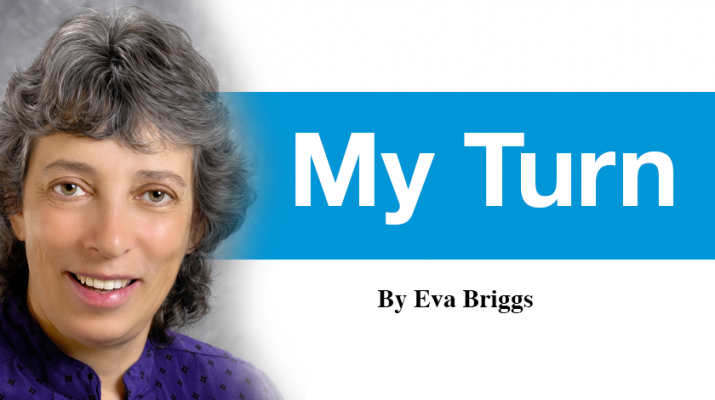By Eva Briggs, MD
Nocturia means getting out of bed to urinate more than once during the night.
Frequent nocturia impacts sleep.
Disrupted sleep increases the risk of daytime drowsiness, decreases energy, delays reaction times, diminishes mental and physical performance and makes people cranky.
Over the long-term, poor sleep increases the risk of depression, immune suppression, cardiovascular and other physical disease, and motor vehicle accidents.
But there is no one size fits all cure. An accurate history and exam is key to determining both cause and possible treatments. First, do you wake up because you need to urinate? Or do you head to the bathroom because something else awakened you — perhaps pain or sleep apnea? Is the urinary stream strong or weak? Are there daytime symptoms such as frequent urination or urgency?
Keeping a journal will enable you to distinguish between frequent small amounts of urine (a storage or overactivity issue) versus voiding large volumes (overproduction). Your doctor might use ultrasound check how much urine remains in your bladder after you urinate. This is called post-void residual.
Failure of your bladder to empty completely could be a blockage in the urinary tract, an enlarged prostate, a medication side effect, narrowing of the urethra (the tube carrying urine from the bladder) or damage to the nerves that control bladder function.
Behaviors leading to nocturia include drinking habits such as the timing of caffeine and alcohol intake or taking diuretics (water pills) too close to bedtime.
If nocturia is associated with ankle swelling, there may be underlying heart issue. Obesity, large neck, and loud snoring suggest possible sleep apnea. In fact, people with sleep apnea are as likely to have nocturia as snoring. During breath holding spells (apnea), the heart releases a hormone called atrial natriuretic peptide which prods the kidneys into excreting salt and water.
Once the cause or causes of nocturia are determined, your doctor can guide you to the best treatment.
Possible solutions include:
Lifestyle changes — avoiding liquids for two hours before bed, avoiding alcohol and caffeine in the evening, and ensuring diuretic medicines are taken early in the day.
When there is a mechanical obstruction to urine flow, surgery can improve urine flow and post-void residual. Because nocturia can arise from a combination of factors, surgery does not always improve frequency or urgency. But correction of the obstruction can permit the use of medicines that must be avoided when there is urinary outflow obstruction.
A medication called desmopressin acetate helps some people who produce large volumes of urine during the night. This requires close monitoring by a doctor because it may lower the blood sodium concentration. Newer formulations of this medicine released in 2017 using lower doses to reduce this risk.
One cause of nocturia is overactive bladder, with symptoms of frequency, urgency, and sometimes urge incontinence (wetting oneself before being able to reach the bathroom.) This may respond to a type of medication called antimuscarinics. If these don’t help, or if the patient has other conditions such as multiple sclerosis, Parkinson’s disease, previous stroke, an urologist may need to do additional workup.
Other treatments for selected patients with nocturia include pelvic floor therapy, timed voiding, botulinum toxin.
If your sleep is interrupted by nocturia, see your doctor for help.
 Eva Briggs is a retired medical doctor who practiced in Central New York for several decades. She lives in Marcellus.
Eva Briggs is a retired medical doctor who practiced in Central New York for several decades. She lives in Marcellus.

